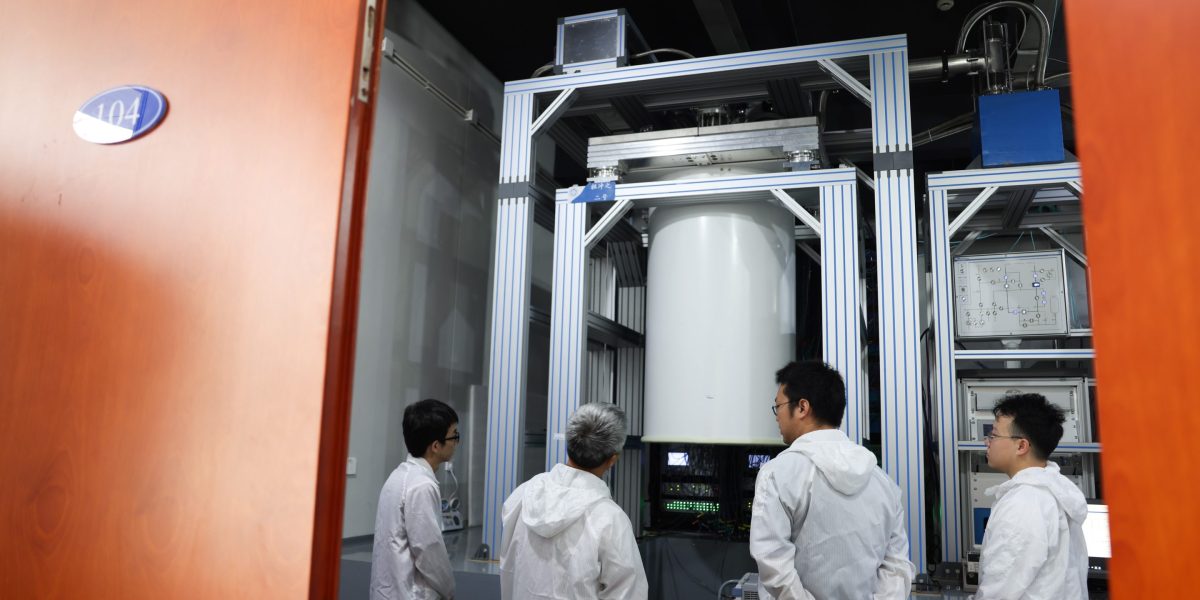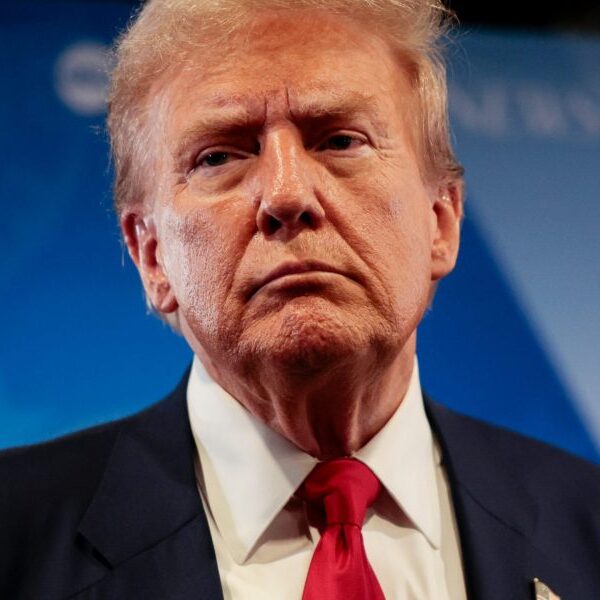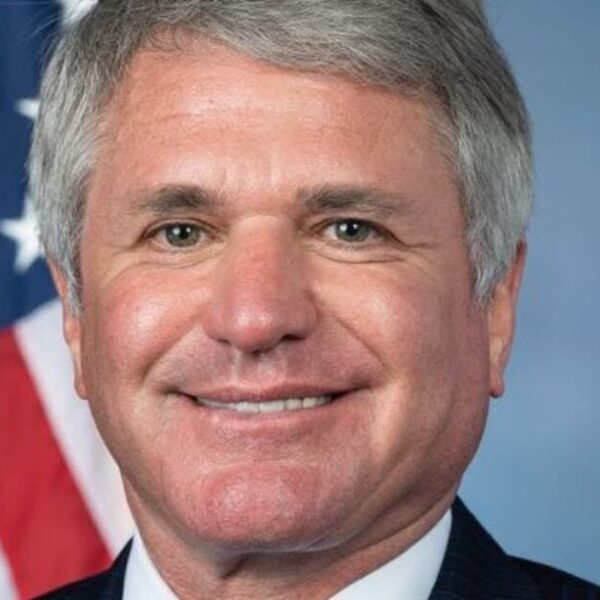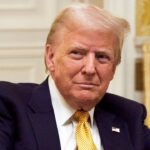

The Biden administration plans to impose export controls on critical technologies including quantum computing and semiconductor goods, aligning the U.S. with allies working to thwart advancements in China and other adversarial nations.
The rules target quantum computers and components, advanced chipmaking tools, a cutting-edge semiconductor technology called gate all-around, and various components and software related to metals and metal alloys. They cover all worldwide exports, but include exemptions for countries that implement similar measures. That group includes Japan and the Netherlands, among other allies, and the U.S. anticipates that more nations will follow, the Commerce Department said in a press release.
Washington has been cracking down for years on China and other adversaries’ ability to access cutting-edge technologies needed for artificial intelligence, over fears that advanced chips and components could lend Beijing a military edge. The promise of more lenient license approvals offers an incentive for countries to join the U.S. camp, given American leadership in a range of academic fields and research partnerships.
The U.S. effort has included unilateral measures that Washington has tried to coordinate with a handful of key allies—such as sweeping semiconductor export controls first imposed in 2022—as well as restrictions negotiated through a broader international framework, like those issued Thursday.
“Aligning our controls on quantum and other advanced technologies makes it significantly more difficult for our adversaries to develop and deploy these technologies in ways that threaten our collective security,” Alan Estevez, who runs the Commerce Department’s Bureau of Industry and Security, said in a statement.
The U.S. and China are leading a global push by governments to explore quantum computing, which some argue will revolutionize technology. While local experts have expressed concern about the impact of Washington sanctions on Beijing’s efforts in quantum technology, it’s still too early to tell whether they’re significantly disrupting research in China.
Years away from delivering world-changing performance, quantum computers promise speeds millions of times faster than classical computers. Countries around the world are investing billions of dollars in quantum computers partly out of fear about the military and economic advantages they may yield.
Thursday’s action opens a 60-day public comment period before officials issue a final rule.
The U.S. has separately been working on a new package of chip-related export controls that would target China’s access to so-called high-bandwidth memory chips, an essential AI component, as well as a range of semiconductor manufacturing tools, Bloomberg has reported. That effort includes measures with a global focus—but with exemptions for key allies including Japan and the Netherlands, home to two of the most important companies in the chip supply chain.
Washington is pressuring Tokyo and the Hague to adopt similar rules, but has faced pushback from both governments, who are reluctant to harm their champion companies—and in Japan’s case, fearful of retaliation from China.
Both Japan and the Netherlands have already imposed some restrictions aligning with the original US rules in 2022, but with key differences that have frustrated American companies. Washington is working to close those gaps—with some recent progress in the Netherlands—and pursue a multilateral strategy on the latest potential measures.
In our new special issue, a Wall Street legend gets a radical makeover, a tale of crypto iniquity, misbehaving poultry royalty, and more.
Read the stories.














